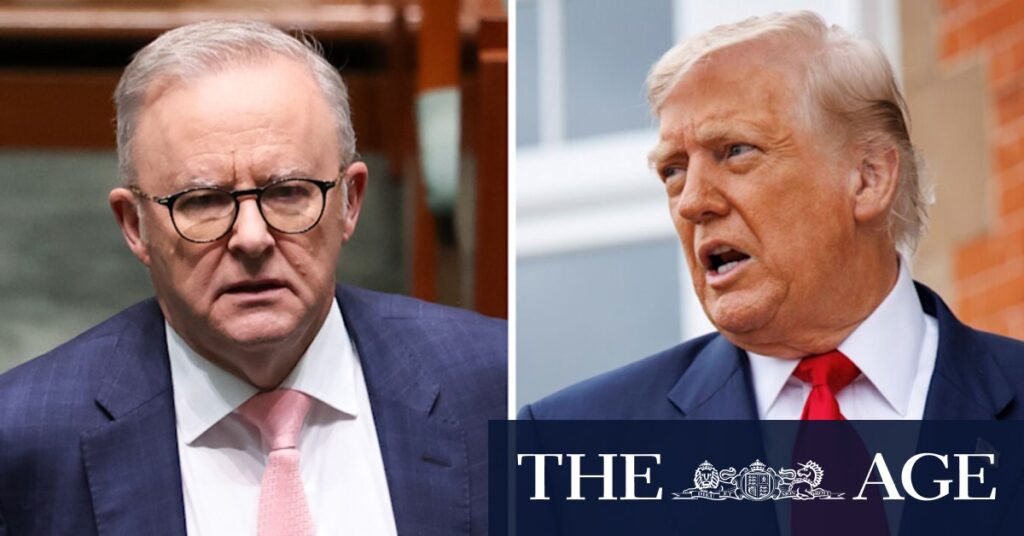
The United States Department of War is poised to invest directly in Australian critical minerals projects, a strategic move aimed at securing rare earths essential for American fighter jets. This potential deal has prompted Australia’s Labor government to address concerns about aligning too closely with the US amidst a possible trade conflict with China.
Prime Minister Anthony Albanese is set to discuss this minerals initiative, along with the AUKUS security pact, during his meeting with US President Donald Trump on October 20. The AUKUS agreement, currently under review, remains a pivotal topic in US-Australia relations.
Strategic Minerals and Defense Ties
Defence Industry Minister Pat Conroy recently hinted at the imminent completion of the AUKUS review, citing Defence Minister Richard Marles. However, Australian officials have encountered mixed signals from their US counterparts regarding the review’s timeline.
Despite the anticipation, details of the minerals deal remain under wraps, although it has been in the works for several months. Australian officials have engaged with miners to explore the possibility of direct investment from the US Department of War, which was formerly known as the Department of Defense. Industry insiders have revealed discussions about replicating models like the Mountain Pass rare earth facility in California, supported by a Department of War loan facility.
“We know that American companies desperately need critical minerals, and Australia is very well placed to service that need,” said Treasurer Jim Chalmers from the US.
Economic and Geopolitical Implications
The US’s strategic pivot away from Chinese mineral sources was bolstered by Trump’s “One Big Beautiful Bill,” passed in July, which unlocked $US100 billion in loan funds for critical minerals and related industries. Australia, with its abundant reserves of rare earths such as dysprosium and terbium, is crucial for advanced defense technologies like the F-35 jets, each requiring 415 kilograms of these minerals.
This minerals partnership provides Albanese with significant leverage as he prepares for his White House meeting. The broader context involves ongoing debates about the US’s expectations for Australia to increase its defense spending to over 3% of GDP, a figure that translates to tens of billions of dollars annually.
China’s Influence and Trade Tensions
China’s recent restrictions on mineral exports have heightened the urgency for the US and its allies to secure alternative sources. These restrictions have sparked a tariff threat from Trump, unsettling global markets and raising the specter of a trade war between the US and China, Australia’s largest trading partner.
US Treasury Secretary Scott Bessent recently advocated for Western nations to “decouple” from China, a suggestion swiftly dismissed by Chalmers, who emphasized Australia’s efforts to stabilize its economic ties with China.
“Australia’s interests are best served by more trade, not by more trade barriers,” Chalmers stated.
The Future of AUKUS and Strategic Alliances
Conroy expressed optimism about the AUKUS pact, noting strong support from US congressional leaders and positive engagements at the Pentagon. The pact, which underscores defense collaboration between the US, UK, and Australia, remains a cornerstone of regional security strategy.
Prime Minister Albanese is scheduled to depart for the US on Sunday, with his meeting with Trump expected to take place in the Oval Office early Tuesday morning, Australian time.
The discussions between Albanese and Trump will not only shape the future of critical minerals cooperation but also influence broader geopolitical dynamics, particularly in the Indo-Pacific region. As the world watches, the outcomes of these talks could redefine the contours of international trade and defense alliances.







